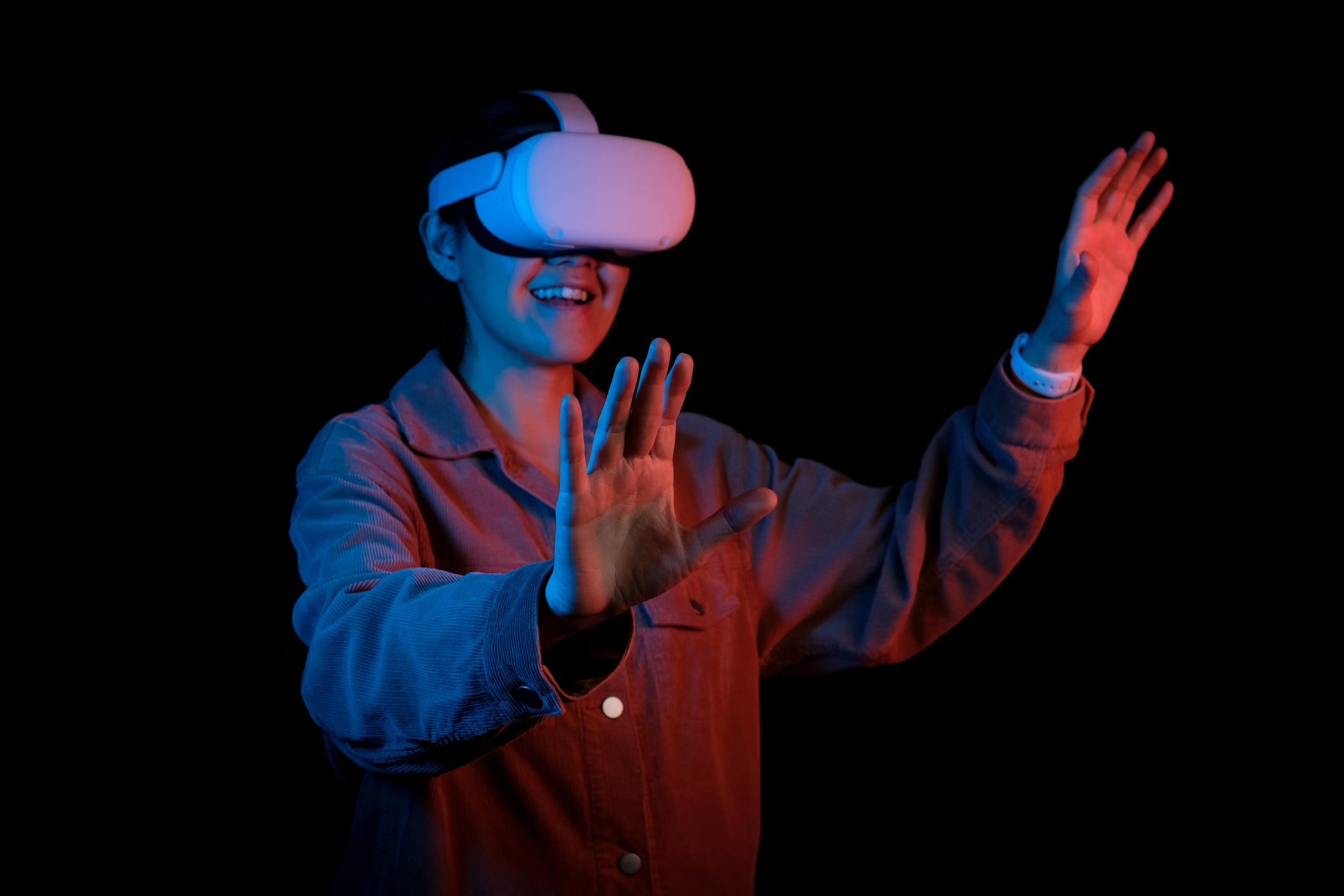Prof. Dr Enrico Molinari is a recognized influencer in new technologies with extended expertise in digital innovation & transformation of the banking and financial sector.
Given his high-technical profile, he is called upon by top organizations and global companies to give his contribution as a digital transformation leader and global expert.
As the Innovation Manager at the Italian Chamber of Commerce System, Prof Molinari is leading the adoption of emerging disruptive technologies in organizations in the public sector.
Many international independent authorities and organizations have ranked Prof Molinari as a top certified global influencer in GovTech*, Fintech, Finserv, Insurtech, PropTech**, ESG***, AI, Marketing Innovation and Business Technology for Digital Transformation.
He is also a respected university professor in economics & fintech, marketing innovation, digital transformation & company culture and business technologies.

Prof Dr Enrico Molinari
In the interview below, Prof Molinari shared with us his insights on the connection between business success and Artificial Intelligence, what companies should do to become innovation-driven and how leadership should approach the digital transformation of the business.
IS ARTIFICIAL INTELLIGENCE A REQUIREMENT FOR BUSINESSES LOOKING TO BECOME SUCCESSFUL?
AI is the core of the decision‐making processes of successful organizations and represents for companies a disruptive opportunity for growth, optimization of operations and in‐depth diversification as it was the opening of a website in the 2000s or a customer‐oriented eCommerce platform during the last 10 years.
The real challenge today is to transfer the culture of the data value inside the company’s DNA through a decision‐making process that is shared between CIO and staff.
Our role today is to transform a technology like AI into a new continent, a new economic superpower available to all.
WHAT SEGMENTS OF THE BUSINESS BENEFIT FROM AI THE MOST?
I often say that AI has an open roadmap and a democratic business plan reshaped every day by businesses, citizens and the Public Administration to respond to the ever‐changing reality.
The COVID‐19 pandemic is proof of how history always teaches that great opportunities and the future of society arise from great crises.
AI in Digital Health is potentially the most interesting for our future and the pandemic has made its contribution even more evident during the first waves in healthcare.
But AI will make a difference too in the Agri‐Food (#AgriTech) sector to optimize, certify and distribute food, avoiding waste and overproduction, in #FinTech to make access to finserv resources all over the world and in the #ESG linked to new infrastructures to reduce polluting emissions, thus enhancing the circular economy to more effectively prevent natural disasters (#ClimateChange).
Let’s not forget sectors such as tourism (#TravelTech) and heritage (#EdTech) for the conservation of cultural and landscape assets, as well as their enhancement through virtual visits to tourist destinations.
Another important sector is the Public Administration (#OpenPA & #GovTech). Here AI can implement the integration and interoperability of public databases to offer better services.
Regarding #SmartCities, AI can improve the safety (#CyberSecurity) and well‐being of citizens through traffic and lighting management, optimization of public transport, and monitoring of the state of bridges, buildings and buildings.
Finally, as an Italian, I’ll promise we work all together for AI to introduce the process and product innovations in the artisan manufacturing sector, with the goal to increase the international competitiveness of the prestigious Made in Italy label.
BECOMING INNOVATIVE IS CHALLENGING FOR BUSINESSES. ARE ANY PARTICULAR STRUCTURES OR PROCESSES NECESSARY FOR BUSINESSES TO BECOME INNOVATION‐DRIVEN?
Investing in business process innovation thanks to emerging technology is one of the key factors for reshaping the vision of the post‐pandemic period, but it’s an even more strategic investment in the hard and soft skills of People.
The hard skills include the job‐related knowledge and abilities that employees need to perform their job duties effectively thanks to AI acceleration. They are joined by soft skills like personal qualities and together they help people achieve solid company goals in the Next New and to recognize themselves as the leader in their workplace. It’s a real mindset change in the real world.
HOW SHOULD LEADERSHIP APPROACH THE AI‐DRIVEN TRANSFORMATION OF BUSINESS?
The “Digital Transformation” immediately makes us think of technology. But the adoption of AI is driven by people and their emotional involvement.
Organizations are successful when they support employees to improve their knowledge, to feel part of a project and inside a collaboration roadmap between human beings and technology, AI and computing power.
In addition to this, organizations must reduce bureaucracy and the decision‐centric business units, stimulating teams on decision‐making processes and setting up pilot digital innovation hubs & groups using remote working platforms.
By implementing all these changes, organizations will transform AI technology into a Natural Leadership Intelligence.
At a glance, the AI‐driven transformation of business is people, not technology.
FOR LEGACY BUSINESSES, INNOVATION HAS BEEN CHALLENGING. WHAT ABOUT BUSINESSES LAUNCHING TODAY: ARE THEY BUILDING THEIR FOUNDATION AROUND INNOVATION FROM DAY ONE?
According to Accenture, 84% of CEOs of the global businesses cross-market and industry will not be able to achieve growth goals without using and scaling Artificial Intelligence.
This scenario also strengthens the vision of executives of businesses launching today as responsible for choosing innovation to create value in their startups through the organization’s management.
Applying AI across all business units as well as giving access to its growth opportunities reshapes the growing business model and increases productivity.
The fundamental question is: how to do it?
Adopting AI is definitely not enough because to make entirely new results possible tomorrow, you need to begin scaling it today. The Big Data analysis, the automation and the push of the Cloud to access the related data will make the difference in empowering people and processes.
NAME ONE DIGITAL TOOL YOU USE DAILY THAT HAS IMPROVED YOUR LIFE IMMENSELY
I’m proud and honoured to see and work every day with the most innovative and revolutionary technologies of the century, many of which are not yet known on the market.
Only 5 years ago we could not have imagined the daily digital transformation impact on our simplest life habits, both at work and in private life. From paying renewable energy via blockchain bills to the delivery of COVID‐19 vaccines by drones, the new role of fintech & digital payments to decentralize our finance, buy online or benefit from applied AI to digital health, we see a Copernican revolution around us.
But the most important technology I use every day is Humans. It is easy to connect objects online today, but the qualitative leap is #ConnectingPeople and sharing different experiences and emotional intelligence.
WHAT IS THE MOST INTERESTING THING IN FINTECH RIGHT NOW?
2021 was a year of record growth and investment in the fintech sector worldwide which recorded 5,600 VC, Private Equity and M&A transactions for $210 billion, according to a McKinsey & Company report.
At the same time, KPMG highlights the in‐depth growth of the blockchain and cryptocurrency, hot topics in the financial sector.
In my opinion, already in 2022, we will have to focus attention on the Digital Payments segment that will seduce the market with the Buy Now, Pay Later ‐ a financial service for pushing to buy the products available on e‐commerce in instalments.
This service encourages the conversion rate of the average shopping cart of customers. Buy Now, Pay Later has an increased safety level thanks to the structured use of AI‐Cybersec Crime platforms against fraud and financial crimes, risk management, analysis of suspicious transactions related to tax evasion and monitoring of money laundering flows resulting from the explosion of Crypto Art through NFTs.
WHAT BOOK ON TECH OR BUSINESS ARE YOU READING NOW?
On my desk, at the office, I have “Selected Economic Essays” by Luigi Einaudi, a senior Italian economist and a reputed researcher at Princeton, Cambridge and Institut de Sciences Politiques. The book is Prof Einaudi’s outstanding contribution to global economics.
On my desk at home, I have “The Hydrogen Economy” by Prof. Jeremy Rifkin I had the honour of knowing. It is a book published twenty years ago, but very actual in terms of geopolitics and the transition from fossil fuels to renewables.
And then I’m writing one too! Let’s keep in touch for spoilers about! (to be continued …)
WHAT DO YOU DO TO FIND INSPIRATION?
Inspiration is all around me because Innovation and the Future are all around us.
I draw inspiration from people. From my university students who never stop to amaze me, from my colleagues both in the corporate and in the Public Administration and from friends such as Jim, Danielle, Theo, Spiros, Mario, Riccardo, Glen, Tony, Nicolas.
I am inspired by the things that work as well as those that don’t work. And from my wife Barbara, the best part of me, my constant balance and my permanent centre of gravity.
————————————————————————————————————————–
*GovTech = Government and Technology; government approach to public sector modernization. GovTech emphasizes three aspects of public sector modernization: citizen-centric public services that are universally accessible, a whole-of-government approach to digital government transformation, and simple, efficient and transparent government systems (definition source)
**PropTech = Property and Technology; the use of information technology (IT) to help individuals and companies research, buy, sell and manage real estate (definition source)
***ESG = Environmental, Social and Governance; Environmental, social, and governance (ESG) criteria are a set of standards for a company’s operations that socially conscious investors use to screen potential investments (definition source).


















